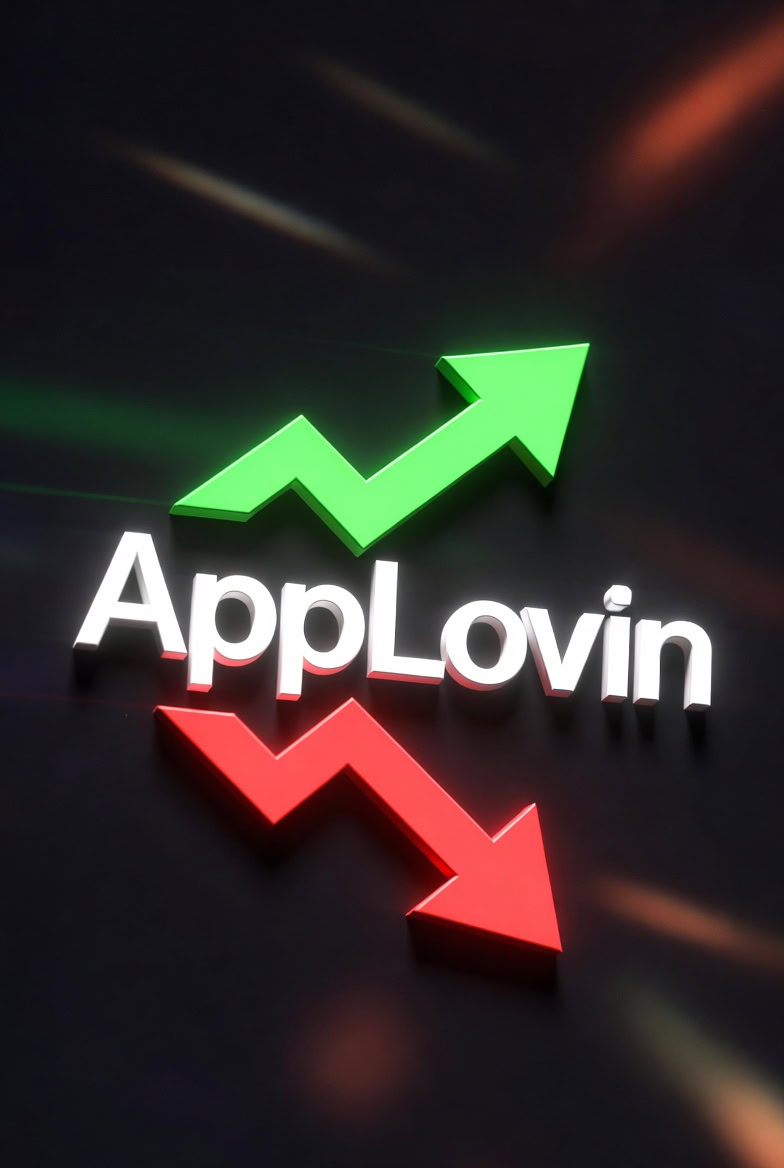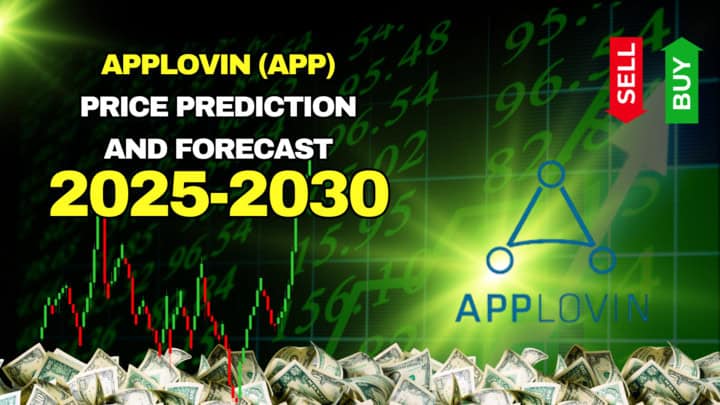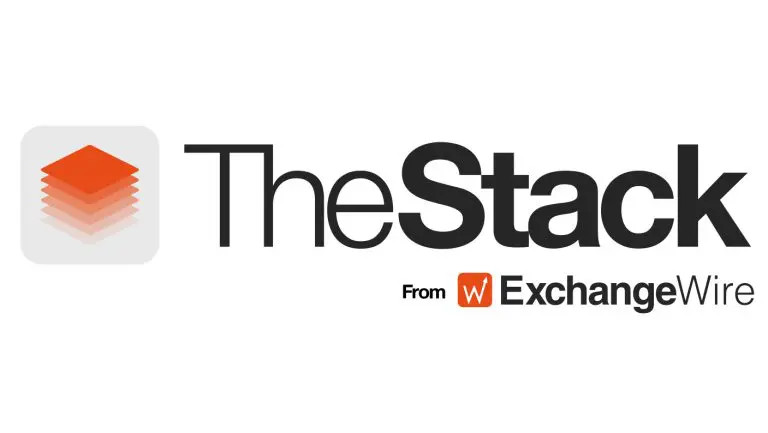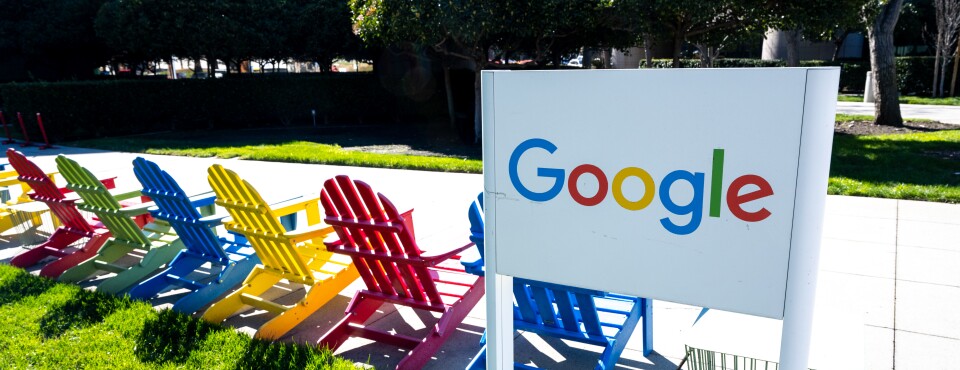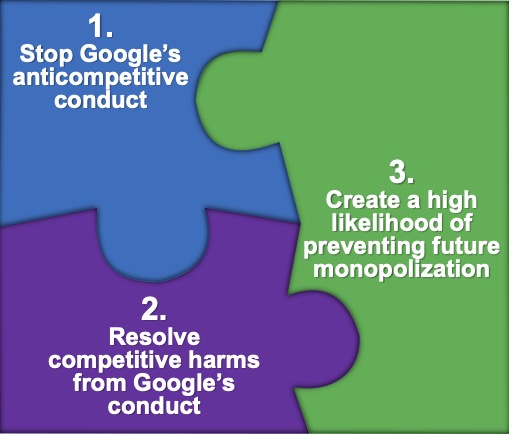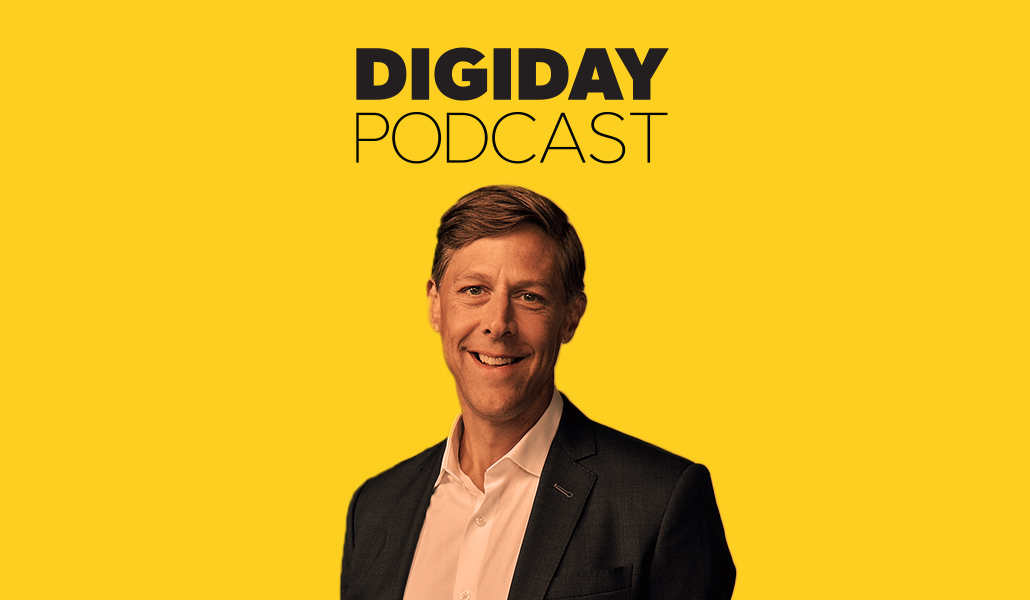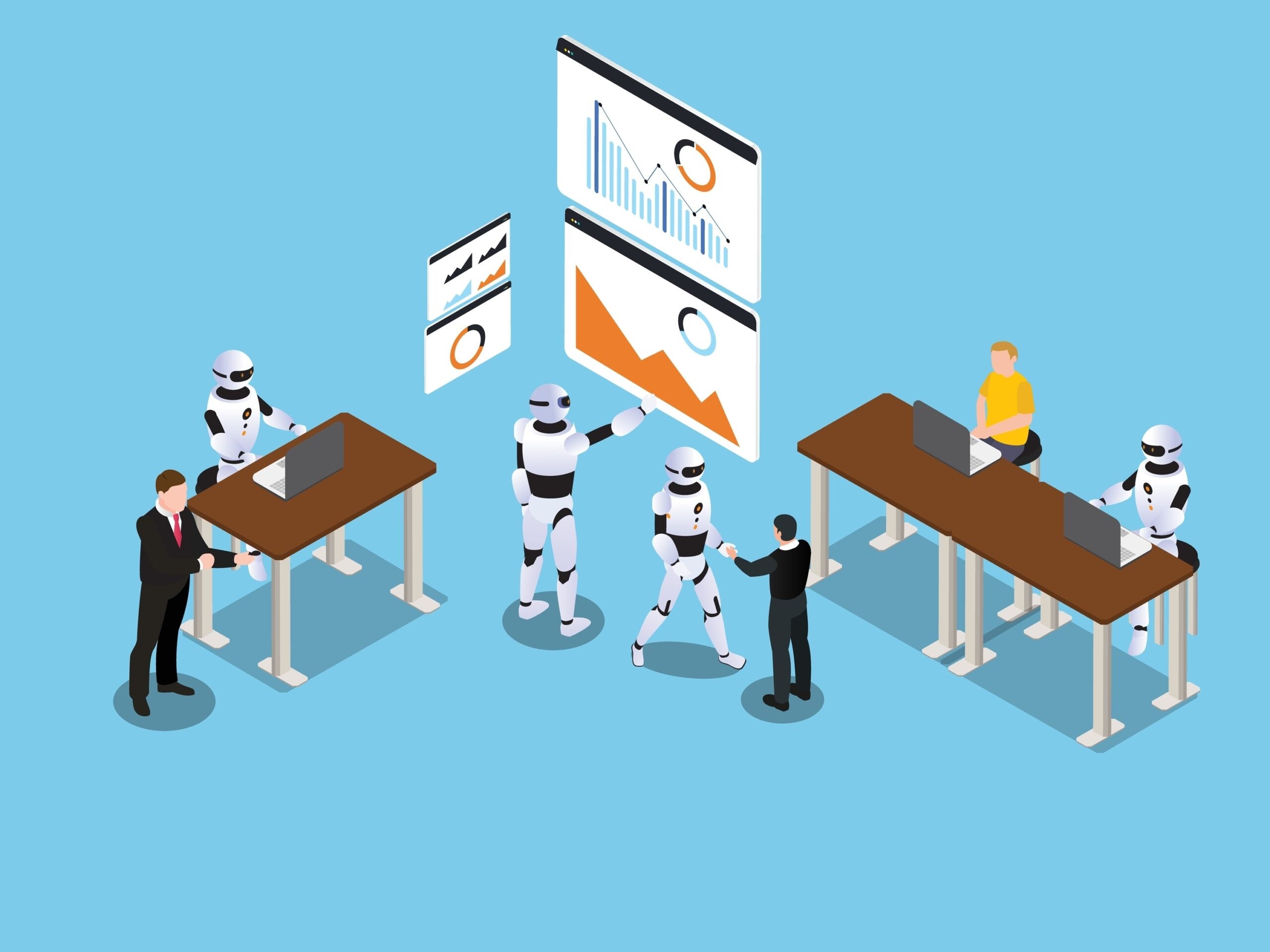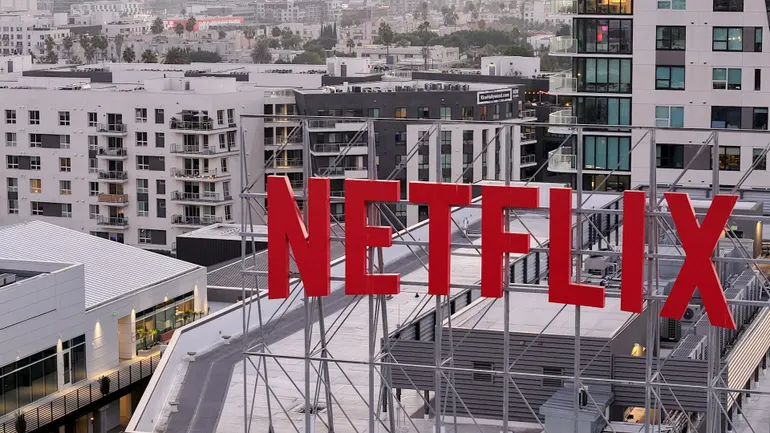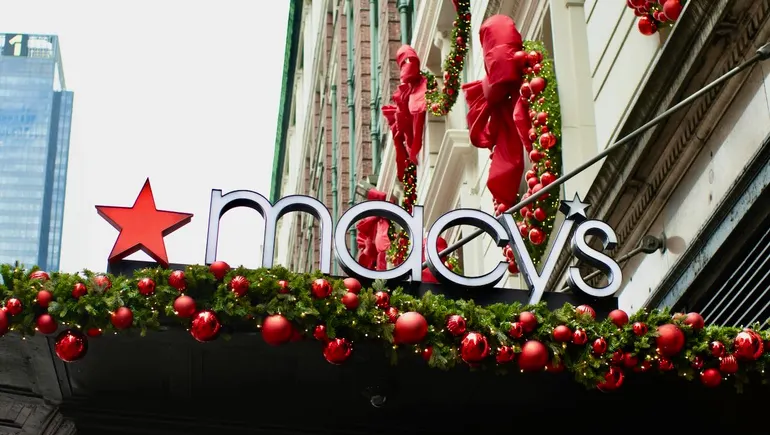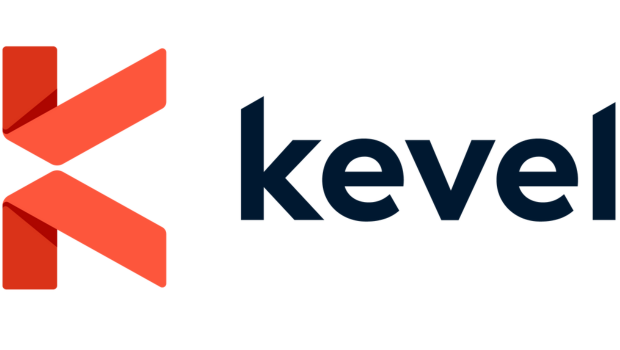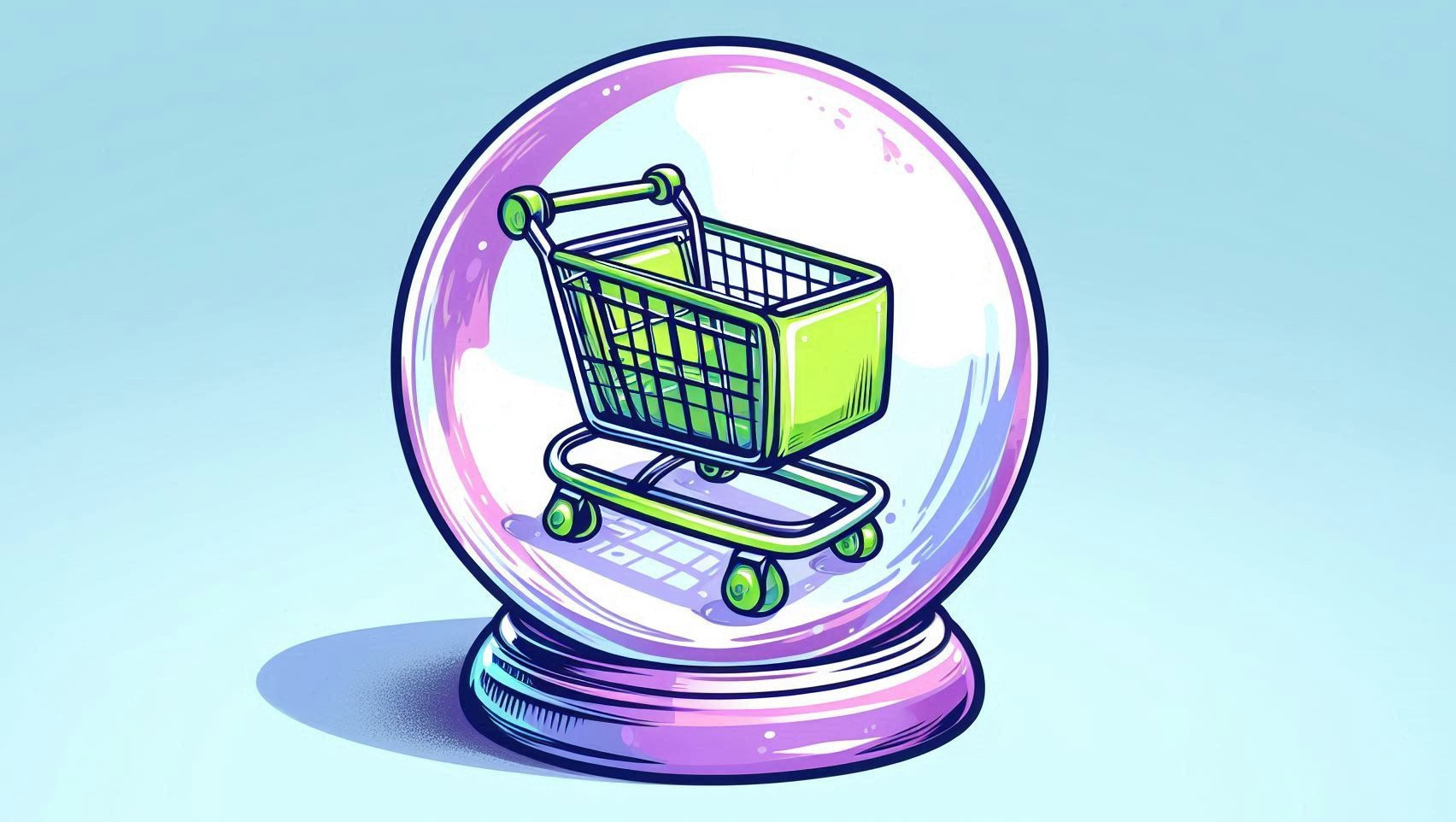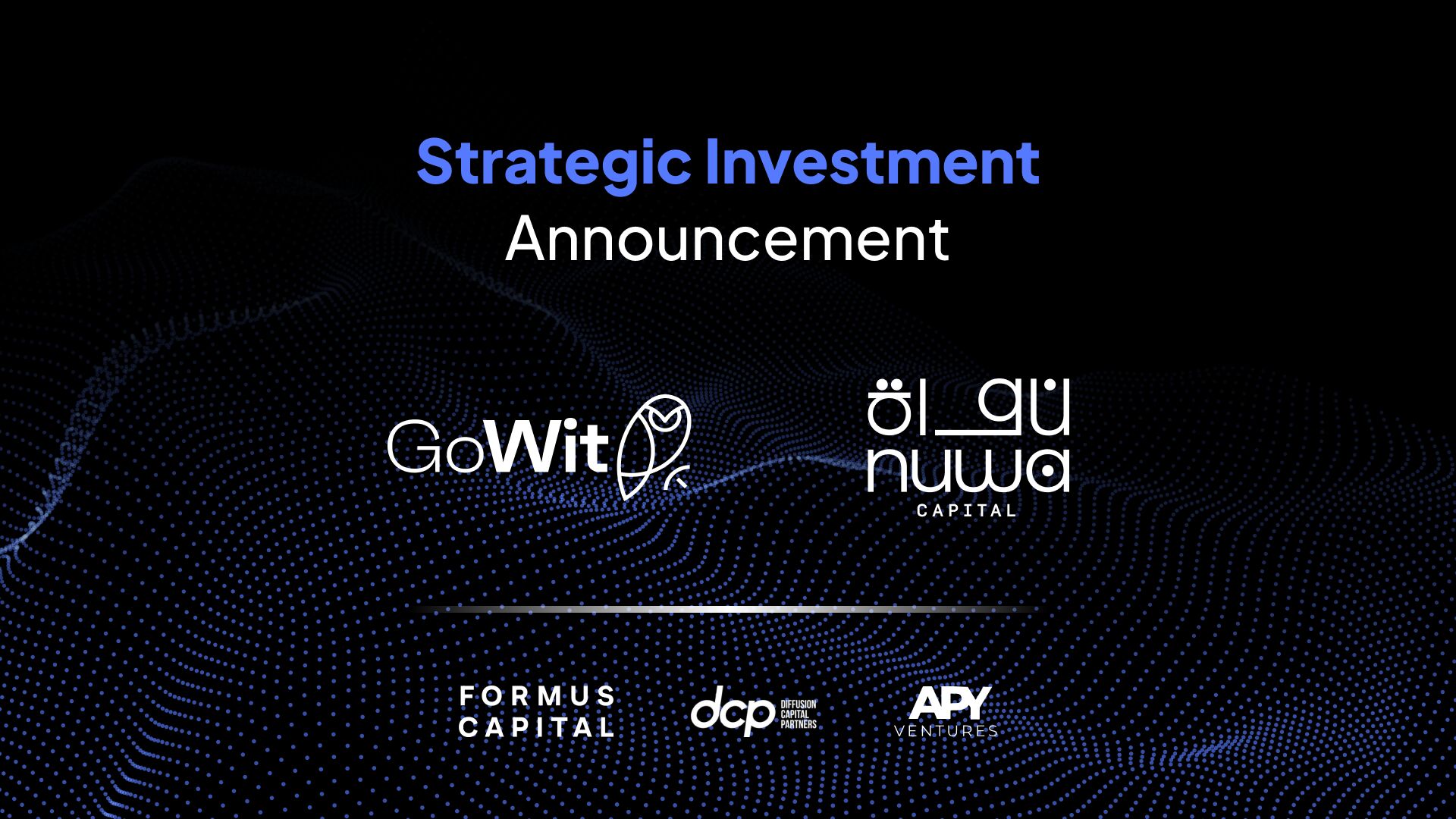#ad-tech
#ad-tech
[ follow ]
#antitrust #google #applovin #programmatic-advertising #retail-media #generative-ai #privacy #publishers
Privacy professionals
fromAdExchanger
8 hours agoAd Tech Says It's Not In The Surveillance Business. Now Is The Time To Prove It | AdExchanger
Commercial ad tech and location-data tools risk being repurposed for government investigations, creating urgent privacy, ethical, and regulatory concerns for vendors and users.
fromThe Drum
1 week agoWhy marketers should capitalize on Pinterest influencers
As the latest social media IPO, Pinterest is making headlines, and I've long been a fan of the platform for many reasons. For one, Pinterest operates in a unique social space. It's the place I go when I'm looking for inspiration, whether it's designing my apartment, or planning an event. On Pinterest I have a buyer's mindset, and with a captive audience looking to purchase, Pinterest has an opportunity to grow as a social commerce platform.
Social media marketing
fromElectronic Frontier Foundation
3 weeks agoGoogle Settlement May Bring New Privacy Controls for Real-Time Bidding
The moment you visit a website or app with ad space, it asks an ad tech company to determine which ads to display for you. This involves sending information about you and the content you're viewing to the ad tech company. This ad tech company packages all the information they can gather about you into a "bid request" and broadcasts it to of potential advertisers.
Privacy professionals
fromThe Drum
3 weeks agoFrench ad tech startup Adikteev closes London office
The business is pulling its EMEA operations and activities back into its headquarters in Paris, France just seven months after it set up a London base. Executives in London were tasked with selling to media agencies the Adikteev's MotionLead technology, which creates bespoke mobile ad units, and it is understood that the first local campaigns for the formats had been secured.
fromThe Drum
3 weeks agoInfluencer names former 4C Insights director Kirsty Brice as global marketing director
With over 17 years of extensive industry experience, working in the marketing, advertising and digital ad-tech industry across EMEA and global markets, Brice brings a wealth of knowledge and expertise to the role. Brice most recently held the role of director of EMEA marketing at 4C Insights, where she led the companies EMEA marketing strategies focussed around both their agency and brand partners. She was also responsible for amplifying their official marketing partnerships with Facebook, Instagram, Twitter, Pinterest, Snap, Google and Linkedin.
Business
fromThe Motley Fool
3 weeks agoThis Growth Stock Has Been Absolutely Crushed. But Is It Finally Time to Buy? | The Motley Fool
The Trade Desk's stock has plunged about 74% from highs despite double-digit revenue and earnings growth, including sustained high customer retention and AI-driven ad-spend momentum.
Marketing tech
fromAdExchanger
4 weeks agoGamera Raises $1.6 Million To Protect The Open Web's Media Quality | AdExchanger
Gamera provides publishers code-on-page media-quality measurement, direct sales support, and a chatbot analytics dashboard to help monetize high-quality open-web inventory and curate PMPs.
Marketing tech
fromThedrum
4 weeks agoInMobi Forges Global Partnership with Ad Net Zero to Further its Commitment to Sustainable Advertising Practices
InMobi partners with Ad Net Zero to decarbonise advertising, reduce carbon footprint, and align ad tech operations with sustainability and science-based targets.
Marketing tech
fromExchangewire
1 month agoAssertive Yield Achieves SOC 2 Certification, Reinforcing Commitment to Data Security & Operational Excellence
Assertive Yield achieved SOC 2 Type II certification, confirming enterprise-level data security, operational maturity, and strengthened trust across its ad tech partners.
fromAdExchanger
1 month agoCPG Data Seller SPINS Moves Into Media With MikMak Acquisition | AdExchanger
SPINS wanted to expand into MikMak's space - which is to say, serving online ads and driving online conversions - as an extension of its in-store purchase and shelf-monitoring data offering. The conversation quickly changed to, "actually, what would it look like if these two entities came together?" Margolis said. For MikMak, the appeal, according to the startup's CEO and Founder Rachel Tipograph, is that SPINS "has a proprietary data asset that we always wish we had."
E-Commerce
fromExchangewire
1 month agogoTom Strengthens Team With Key Hires in Commercial Development & Product Management
goTom continues its strategic growth trajectory in 2026, investing in expertise, international expansion and product innovation to further consolidate its position as a leading European SaaS platform for digital ad sales management. Today (12th January, 2025), the company welcomes three new team members: Yasin Korkmaz joins as senior account executive, Laurent Meuzard takes on the role of country director for France, and Megan Balschun strengthens the product team as product manager.
France news
fromAdExchanger
2 months agoAdExchanger's Top 4 CTV Stories Of 2025 | AdExchanger
Less than a month before Netflix was set to debut its in-house ad server, VP Nicolle Pangis chatted with our own executive editor, Sarah Sluis, at CTV Connect in March. (Since then, both have taken on new titles: Sluis as editorial director of ad tech and emergent media, and the event as Convergent TV World for 2026.) In addition to finally revealing a name - Netflix Ad Suite, or NAS for short - Pangis also teased what buyers could expect once they were able to buy Netflix ads through the new product.
Marketing tech
Marketing tech
fromExchangewire
2 months agoShinka.io Partners With Digital High Street Media as it Expands its DOOH Customer Portfolio
Shinka partnered with High Street Media to integrate programmatic DOOH across retailer networks, streamlining operations and driving increased revenue for retail and brand partners.
Marketing tech
fromAdExchanger
2 months agoThe Open Internet Can Still Win If Buyers and Sellers Unite Around Radical Transparency | AdExchanger
The open web must adopt radical transparency, accountability and collaboration across buy-side, sell-side and technology partners to compete with walled gardens.
Marketing tech
fromDeadline
2 months agoPeacock "Arrival Ads", AI-Enabled Contextual Targeting For Live Sports Among NBCUniversal Ad Innovations Due At CES
NBCUniversal is launching AI-driven live contextual targeting, Peacock arrival and Live in Browse ad features to boost ad relevance, reach and viewer engagement in 2026.
Privacy technologies
fromMiami New Times
2 months agoLawsuit: Curaleaf Let Ad-Tech Firms Spy on Floridians' Marijuana Shopping
Curaleaf allegedly embedded tracking code that allowed third-party ad-tech firms to collect medical marijuana patients' browsing actions and personal information, violating privacy laws.
fromAdExchanger
2 months agoFrom Hype To Hyperscale In AI | AdExchanger
The vendor landscape is turning into a sea of sameness. So what's worthwhile and what's worth chucking in the bin? The best way to separate AI hype from reality is to roll up your sleeves and try out the tech for yourself, says Ikkjin Ahn, CEO and co-founder of machine learning-based ad tech startup Moloco, on this week's episode of AdExchanger Talks. It's like watching a movie, he says. How do you know if it's good before you even try it?
Marketing tech
fromExchangewire
2 months agoBlack Friday 2025: Finding Value Beyond the Festive Window
Black Friday has been one of the UK's biggest yearly shopping events for well over a decade now, long-cemented into advertisers' calendars. This year, UK shoppers are expected to spend £9.52bn over the four-day Black Friday weekend, over half of which is projected to be spent online. Challenges continue to rear their heads, as the ad landscape becomes more complex, fragmented, and AI-powered.
Marketing tech
Marketing tech
fromThe Drum
3 months agoWhat if we could start the digital advertising industry again from scratch?
Establish independent global standards, shared nonproprietary IDs, collaborative processes, and consistent measurement to restore transparency, trust, efficiency, and competitiveness in advertising.
Startup companies
fromTechCrunch
3 months agoAgentio secures $40M from Forerunner as it scales its creator marketplace beyond YouTube | TechCrunch
Agentio raised $40M Series B, bringing total funding to $56M and valuing the company at $340M amid rising YouTube sponsored-video views and creator ad spend.
fromDigiday
3 months agoHow Amazon aims to do more with less
The rise of Amazon Advertising is news to no one in the industry's $777 billion sector, but what needs more detail is just how it intends to sustain its challenge to the duopoly of Facebook and Google, especially in the wake of a 14,000 reduction in force (RIF). The company's recent Q3 earnings report showed Amazon Advertising revenues grew 24% year-over-year to $17.7 billion, with recent product launches expected to play a key part in furthering this growth.
Marketing tech
fromThe Motley Fool
3 months agoRoubaix Capital Sells Off 261K Magnite Shares in Full Exit: Should Investors Follow Suit? | The Motley Fool
Roubaix Capital, LLC fully liquidated its stake in Magnite , selling 260,735 shares during the third quarter of 2025, according to a filing with the Securities and Exchange Commission dated November 12, 2025. The transaction value was $6,288,928, based on the average share price for the quarter. No shares of Magnite were held by the fund at quarter end. Roubaix Capital sold out of Magnite, reducing the position from 3.0% of AUM in the prior quarter to zero.
Business
[ Load more ]
